Responsibilities of the Editor and Reviewers
The Editor-in-Chief evaluates manuscripts based solely on their scientific merit, without regard to the authors’ ethnicity, gender, sexual orientation, nationality, religious beliefs, or political views. They ensure a fair and impartial double-blind peer review process and maintain the confidentiality of all manuscript-related information prior to publication.
As the individual responsible for the journal’s content and overall quality, the Editor-in-Chief must publish corrections or errata when necessary. They also prevent any conflicts of interest between authors, editors, and reviewers. The Editor-in-Chief holds exclusive authority in selecting reviewers and making final publication decisions.
Reviewers must remain free of conflicts of interest concerning the research, its authors, and any funding sources. Their assessments should be objective and unbiased. They are required to maintain the confidentiality of manuscript-related information and promptly inform the editor of any suspected plagiarism or copyright violations.
If a reviewer feels unqualified to evaluate a manuscript or cannot complete the review in a timely manner, they should notify the editor and withdraw from the process.
The editor reminds reviewers that all manuscripts are confidential and that their role is a privileged one. Neither reviewers nor editorial board members may discuss submitted manuscripts with external parties. The anonymity of referees must be preserved, although, in certain cases, the editor may share one reviewer’s feedback with another to clarify specific issues.


